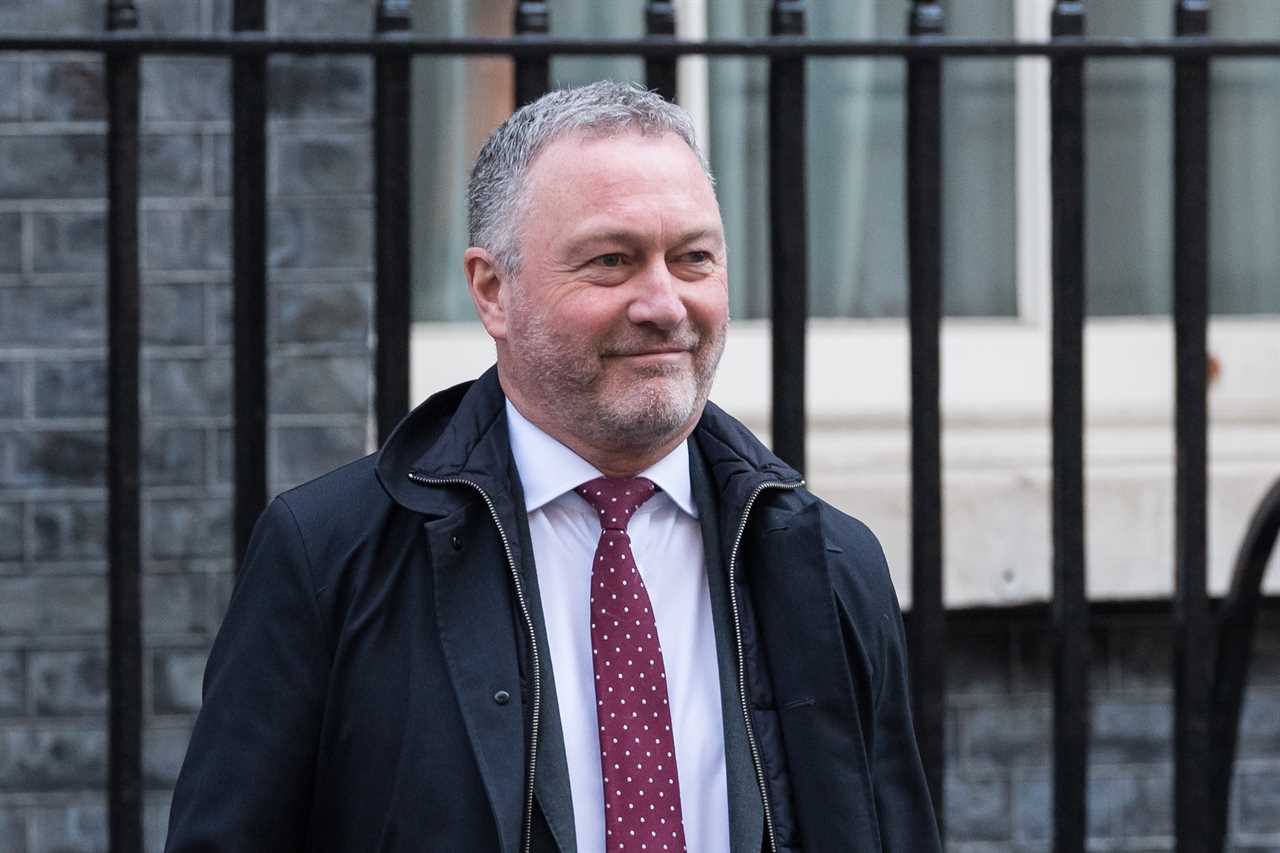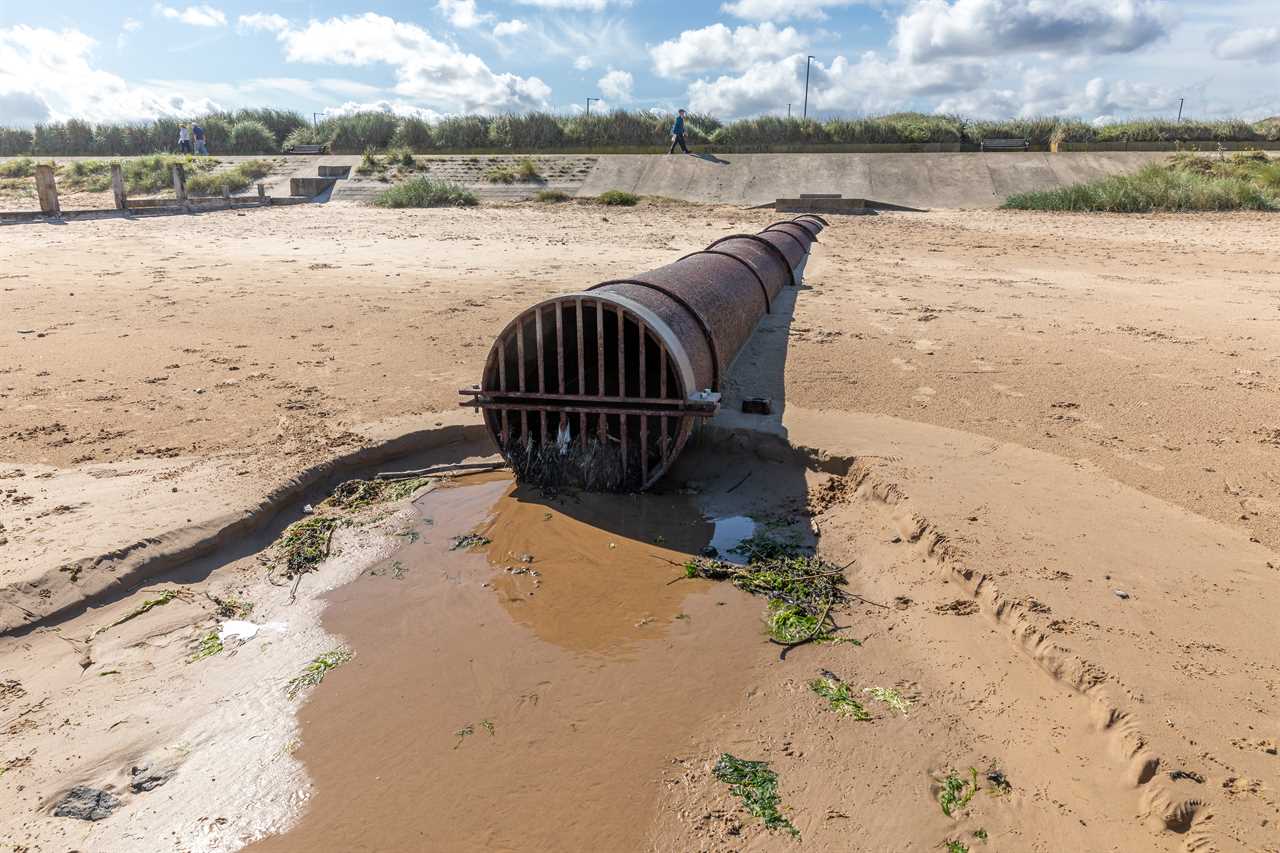
In the wake of a scathing report forecasting a 30% increase in water bills over the next five years, demands are intensifying for a radical transformation of the regulatory landscape in the water sector. Sir Jon Cunliffe's investigation highlights a history of underinvestment, underscoring the urgent need for substantial infrastructure upgrades. The findings advocate for the dismantling of the current regulatory body Ofwat, proposing a consolidated and authoritative replacement to rectify what is described as a disjointed and convoluted system.
Challenges of Regulatory Fragmentation
Sir Jon Cunliffe's comprehensive review underscores the significant escalation in water costs, projecting a further 30% hike in real terms. The proposal to dissolve Ofwat, responsible for setting tariffs and monitoring expenditure, along with reorganising related agencies, aims to streamline governance and enhance accountability within the sector. The critique of multiple regulatory entities as inadequate prompts a call for a unified approach to address systemic inefficiencies.
Rebuilding Trust and Accountability
The core focus of the report centres on reinstating public confidence in the fairness of billing practices, the efficacy of regulation, and the commitment of water companies to serve the public interest. Sir Jon's emphasis on the sector's complexity and its pivotal role in the nation's infrastructure underscores the necessity of a comprehensive restructuring to instil pride in the stewardship of water resources.
Towards a Reshaped Water Governance Model
Proposed reforms advocate for the establishment of nine distinct regional water authorities to cater to local requirements and empower communities in decision-making processes. The envisioned changes also include stringent directives on corporate governance, customer safeguards, and environmental preservation. The impending introduction of a statutory water ombudsman and the alignment of water services with industry standards aim to rectify past inadequacies and prevent their recurrence.

Political and Public Response
The government's acknowledgment of Ofwat's shortcomings, coupled with pledges for substantial investment to curb sewage pollution, signals a broader commitment to address systemic deficiencies. However, the political discourse around regulatory reform underscores the imperative of transparency and bipartisanship in shaping the future of water governance. The convergence of public opinion and expert insights has been instrumental in shaping the recommendations arising from this exhaustive inquiry.
As stakeholders weigh the implications of these proposed changes, the imperative remains to ensure that any reforms not only rectify past failings but also establish a resilient and equitable framework for the management of essential water resources. The journey towards a more sustainable and accountable water sector necessitates collective engagement and a steadfast commitment to the common good.
Did you miss our previous article...
https://trendinginthenews.com/uk-politics/analysis-critique-of-proposals-to-tax-gas-boilers-reveals-deeper-socioeconomic-concerns






